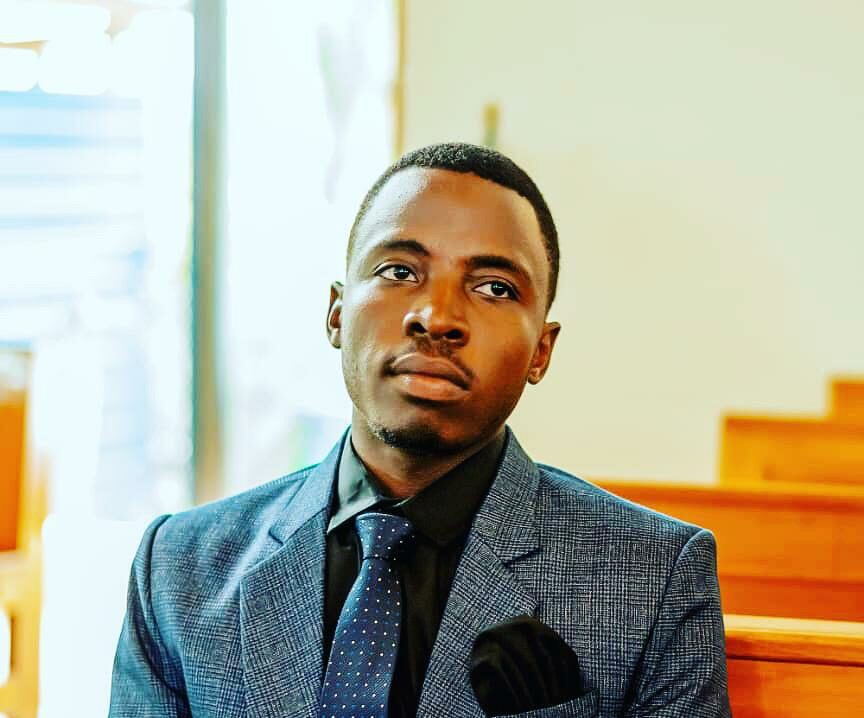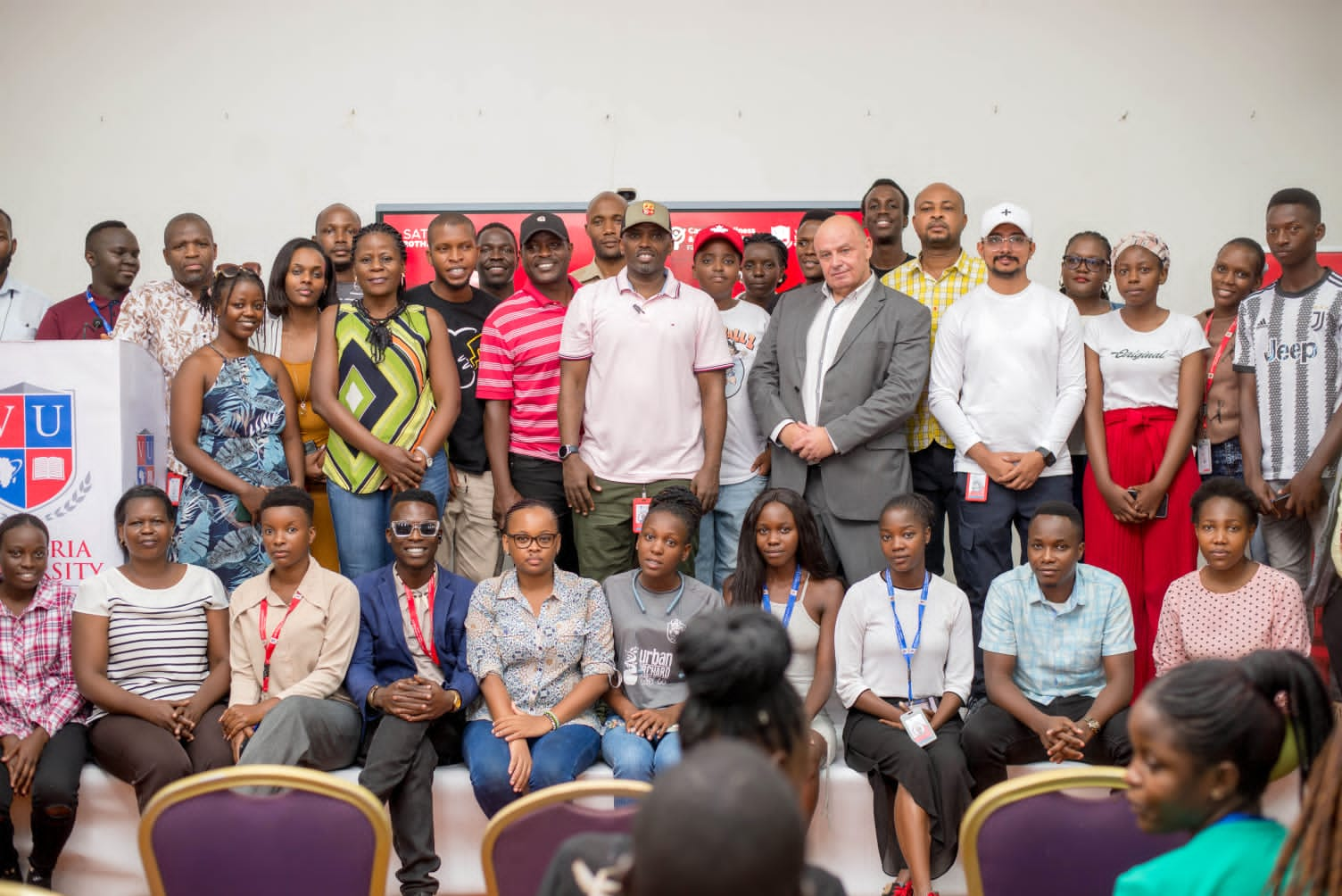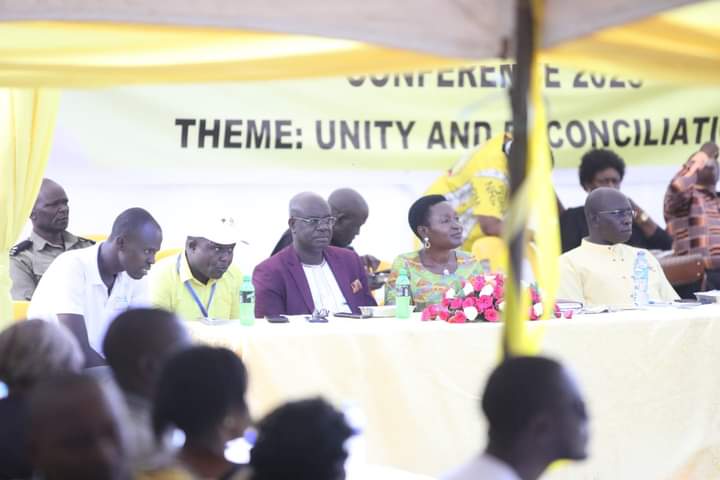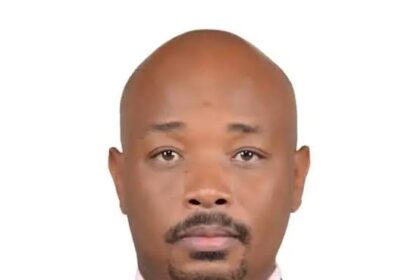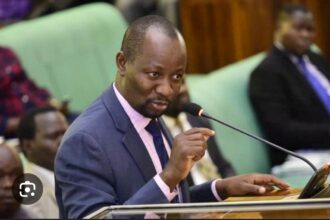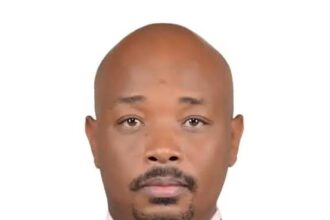As political scientist Bruce Bimber pointed out: “The exercise of power and the configuration of advantage and dominance in democracy are linked to technological change.” Who controls, consumes, and distributes information largely determined by who is best able to navigate digital technology.
Social media has emerged as essential intermediaries that political and media actors use to assert influence.
Political leaders have appropriated social media effectively to achieve political ends, ever-more frequently pushing the boundaries of discursive action to extremes.
The political media system in the Uganda has undergone massive transformations over the past three general elections.
The scope of these new media developments is vast, encompassing both legacy sources as well as entirely novel communication platforms made possible by emerging technologies.
The new media era began with the infotainment trend in the 1990s when television talk shows, talk radio, and tabloid papers took on enhanced political roles.
Changes became more radical when the Internet emerged as a delivery system for political content in the 2000s.
Digital technology first supported platforms where users could access static documents and brochures, but soon hosted sites with interactive features. The public gained greater political agency through technological affordances that allowed them to react to political events and issues, communicate directly to candidates and political leaders, contribute original news, images, videos, and political content, and engage in political activities, such as working on behalf of candidates, raising funds, and organizing protests.
At the same time, journalists acquired pioneering mechanisms for reporting stories and reaching audiences. Politicians amassed news ways of conveying messages to the public, other elites, and the press, influencing constituents’ opinions, recruiting volunteers and donors, and mobilizing voters.
Like I’ve always said, the evolution of social media, like Facebook, Twitter, and YouTube, from platforms facilitating networks among friends to powerful political tools has been an especially momentous development.
The political role of social media in our Ugandan politics was visibly established during the recent 2021 presidential elections from which NUP’s presidential candidate Robert Kyagulanyi’s social-media strategy revolutionized campaigning by altering the structure of political organizing.
Kyagulanyi’s campaign took on the characteristics of a social movement with strong digital grassroots mobilization.
The recent so called virtual campaign exploited the networking, collaborating, and community-building potential of social media. It used social media to make personalized appeals to voters aided by data analytics that guided targeted messaging.
Voters created and amplified messages about the candidates without going through formal campaign organizations or political parties.
In this unique 2021 virtual election, the calculated strategies of Kyagulanyi’s official campaign organization were aided by the spontaneous innovation of voters themselves. Going forward, campaigns-including Kyagulanyi’s musical weapon-would work hard to curtail outside efforts and exert more control over the campaign-media process.
Since then, social media’s political function in campaigns, government, and political movements, as well as their role in the news media ecosystem, has rapidly broadened in reach, consequence, and complexity.
NRM’s brash, often reckless, use of Twitter among other video-based socials has enabled them to also communicate directly to the public, stage-manage their political allies and detractors, and control the news agenda. Aided by social media, they have exceeded the ability of their modern-day presidential predecessors to achieve these ends.
Social-media platforms facilitate the creation and sustenance of ad hoc groups, including those on the alt-right and far left of the political spectrum. These factors have encouraged the ubiquitous spread of false information that threatens to undermine Uganda’s democratic governance that relies on citizens’ access to quality information for decision-making.
Social media has low barriers to entry and offer expanded opportunities for mass political engagement. It has centralized access to information and has made it easier for the online population to monitor politics.
Growing numbers of people are using social media to engage in discussions and share messages within their social networks.
Effective use of social media has contributed to the success of social movements and political protests like #OmalakoJajjaTovaKuMainBallot2026 by promoting unifying messages and facilitating logistics.
As I conclude, there are indications that elite political actors have increasingly attempted to shape, even restrict, the public’s digital influence in the political sphere. Since the 2021 elections, parties and campaign organizations have sought to hyper-manage voters’ digital engagement in elections by channeling their involvement through official Web sites and social-media platforms.
They have controlled voters’ access to information by microtargeting messages based on users’ personal data, political proclivities, and consumer preferences derived from their social- media accounts.
Further, a small number of companies, notably Google and Facebook, have inordinate power over the way that people spend their time and money online. Their ability to attract and maintain audiences undercuts the ability of small firms, local news outlets, and individuals to stake out their place in the digital market.
The emergence of the political “Twitterverse” has fundamentally altered the way that politicians, citizens, and the press convey information, including messages of significant import to the nation.
It’s very important to note that;-with NRM’s governance, many people are now getting news from their social-media feeds which though contributes to rampant political insularity, polarization, and incivility.
Lukanga Samuel
+256 785717379
lukangasamuel55@gmail.com
The writer is a social development enthusiast, an Ambassador of Humanity and a youth leader from Nakaseke District.
Do you have a story in your community or an opinion to share with us: Email us at Submit an Article



